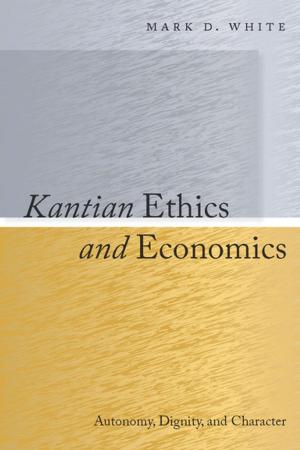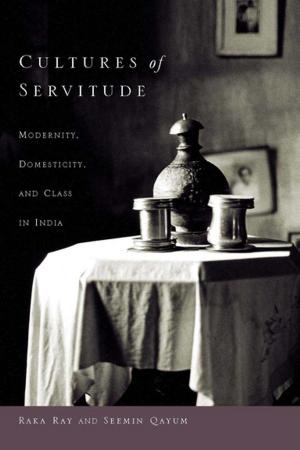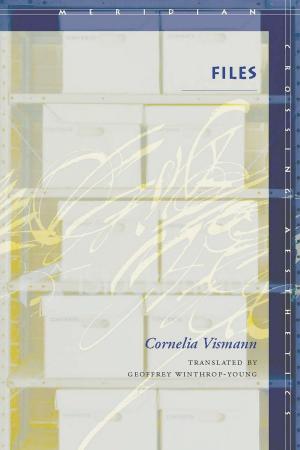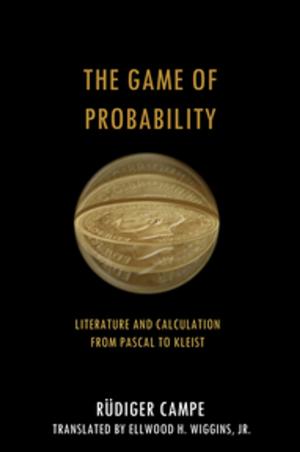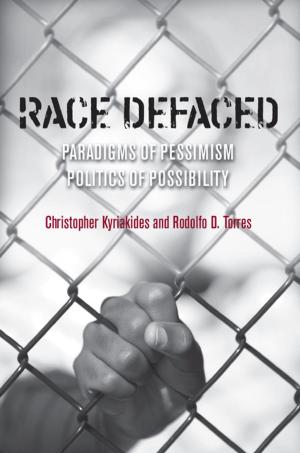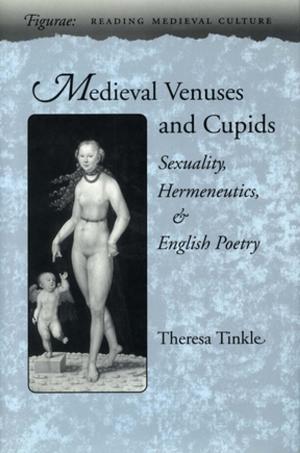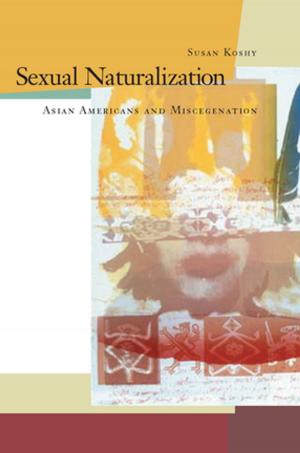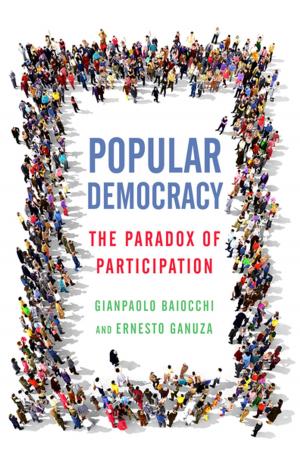Ottoman Ulema, Turkish Republic
Agents of Change and Guardians of Tradition
Nonfiction, History, Middle East| Author: | Amit Bein | ISBN: | 9780804777766 |
| Publisher: | Stanford University Press | Publication: | March 29, 2011 |
| Imprint: | Stanford University Press | Language: | English |
| Author: | Amit Bein |
| ISBN: | 9780804777766 |
| Publisher: | Stanford University Press |
| Publication: | March 29, 2011 |
| Imprint: | Stanford University Press |
| Language: | English |
To better understand the diverse inheritance of Islamic movements in present-day Turkey, we must take a closer look at the religious establishment, the ulema, during the first half of the twentieth century. During the closing years of the Ottoman Empire and the early decades of the Republic of Turkey, the spread of secularist and anti-religious ideas had a major impact on the views and political leanings of the ulema. This book explores the intellectual debates and political movements of the religious establishment during this time. Bein reveals how competing visions of development influenced debates about reforms in religious education and the modernization of the medreses. He also explores the reactions and changing attitudes of Islamic intellectuals to the religious policies of the secular republic, and provides a better understanding of the changes in the relationship between religion and state. Exposing division within the religious establishment, this book illuminates the ulema's long-lasting legacies still in evidence in Turkey today.
To better understand the diverse inheritance of Islamic movements in present-day Turkey, we must take a closer look at the religious establishment, the ulema, during the first half of the twentieth century. During the closing years of the Ottoman Empire and the early decades of the Republic of Turkey, the spread of secularist and anti-religious ideas had a major impact on the views and political leanings of the ulema. This book explores the intellectual debates and political movements of the religious establishment during this time. Bein reveals how competing visions of development influenced debates about reforms in religious education and the modernization of the medreses. He also explores the reactions and changing attitudes of Islamic intellectuals to the religious policies of the secular republic, and provides a better understanding of the changes in the relationship between religion and state. Exposing division within the religious establishment, this book illuminates the ulema's long-lasting legacies still in evidence in Turkey today.


